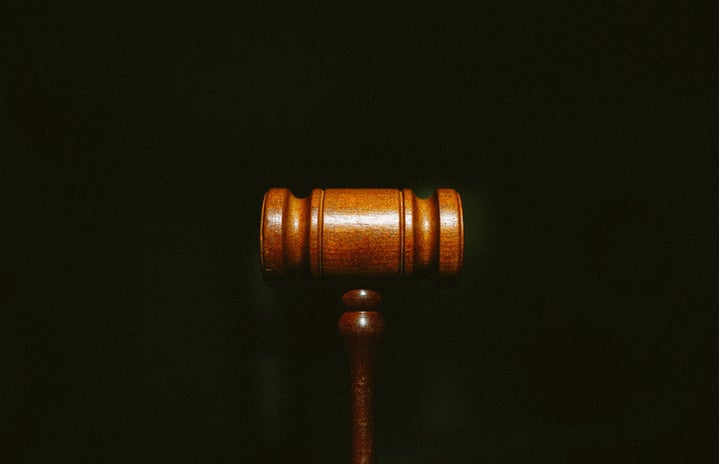After a heated argument over the limitations and privileges of the First Amendment, Shurtleff v. City of Boston seems to be leaning against Boston. This case has garnered intense scrutiny on both sides of the aisle, with President Biden and the ACLU offering up official remarks.
Three flagpoles stand directly in front of Boston City Hall that house the U.S. flag, the Massachusetts Flag and the city’s flag. Of these, the city’s flagpole often finds itself swapped out for other flags. It has been home to a variety of flags, ranging from LGBTQ+ to Juneteenth. From 2005 to 2017, around 284 flag change requests were approved. Then, in September 2017, Boston doled out their first rejection. Harold Shurtleff, director of a group named Camp Constitution, petitioned to fly a white flag with a blue square and a red cross. Shurtleff noted this was a “Christian flag.” When his request was denied, the city stated they didn’t want to appear to endorse one religion over another one.
Shurtleff/Camp Constitution promptly sued, claiming that the City violated their First Amendment rights. The Boston Globe found that “in its brief, the group argued that the city’s application form designates the flagpoles as one of ‘Boston’s public forums’ open to ‘all applicants’ for private speech.” On the other side, lawyers for Boston explain that approved flag-raising events were generally always “in connection with publicly recognized days of remembrance” and that the city had “never flown a purely private flag on a random day.”
Lower courts sided completely with Boston, stating that the flagpoles didn’t constitute a public forum and thus were changed at the discretion of city officials. Moreover, a unanimous panel of judges from the Boston Court of Appeals ruled for the city, once again echoing the sentiment that government or officials can pick and choose the messages they endorse. In an interview with ABC News, attorney for Boston Doug Hallward-Driemeier states: “The city, for its own speech, does not want to get into the issue of religion… it didn’t want to fly a flag that was offered as ‘the Christian flag,’ because that wasn’t the message that the city itself wanted to communicate.” Aside from the potential issue of religious endorsement, there are rumblings from Boston lawyers that the flag in question was used during the Jan. 6 riot, and is also a staple among certain nationalist groups. When presented with this information, Shurtleff claimed to not know about the allegations.
Before heading off to the Supreme Court, the ACLU issued a statement in support of Shurtleff and Camp Constitution. To the surprise of many, President Biden filed an amicus brief siding against Boston. With a 6-3 conservative majority, this case seemed to be almost a landslide victory, but initial arguments may have left more questions than answers. They argued that too broad of a ruling could present an issue with too much freedom, giving a swastika flag as an example. Would the city be required to approve such a petition? In what many consider to be a blunder, Mathew Staver, a lawyer for Camp Constitution, said yes. He asserted that an “informed observer” would know the third flagpole was private speech. His response was met with disdain, leaving many to question how much freedom can be given before it infringes on the rights of others.
This case, which has left many ears perked up, is awaiting an official ruling.
Want to see more HCFSU? Be sure to like us on facebook and follow us on Instagram,Twitter, TikTok, YouTube and Pinterest!


